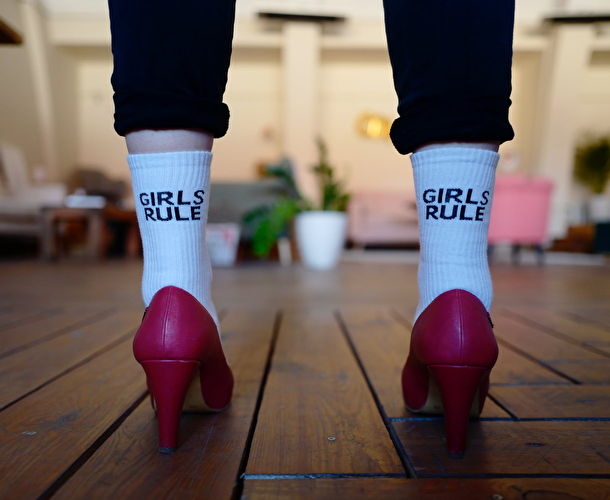Decolonial thought – in contrast to the better-known postcolonial theory which still interprets the other in the language of the same – questions the very epistemic mechanisms of modernity with its indispensable darker side: coloniality as a larger ontological design of the world focusing not on historical questions of colonialism but on the shaping and normalisation of particular subjectivities, cognitive models, aesthetics, gender and sexual patterns, etc. In the last three decades we have witnessed a shift from colonialism to coloniality, and from decolonisation to Decoloniality, and hence from politics to epistemology and the process of knowledge production, circulation and control in the two main modern/colonial institutions – university and museum. The lecture will trace Decoloniality as an optional relational positive ontological design of the world and focus on how these issues may be important for the increasingly plural Europe, which needs a more updated understanding of its shared identity, its past (including the darker aspects of violence, colonialism, totalitarianism, ethnic conflicts), and its common future, if there is one.
Madina Tlostanova is a decolonial thinker and fiction writer, professor of postcolonial feminisms at Linköping University (Sweden). She focuses on decolonial thought, feminisms of the Global South, post-socialist sensibilities, fiction and art. Her most recent books include Postcolonialism and Postsocialism in Fiction and Art: Resistance and Re-existence (Palgrave Macmillan, 2017) and What Does it Mean to be Post-Soviet? Decolonial Art from the Ruins of the Soviet Empire (Duke University Press, 2018).
Where does it take place?
Maison des Sciences humaines, Université Lux.
Maison des Sciences Humaines
Université de Luxembourg
Porte des Sciences
Esch-sur-Alzette
Luxembourg
You could like it :

find out about all the networking events and trainings tailored for you!
find out about all the networking events and trainings tailored for you!






